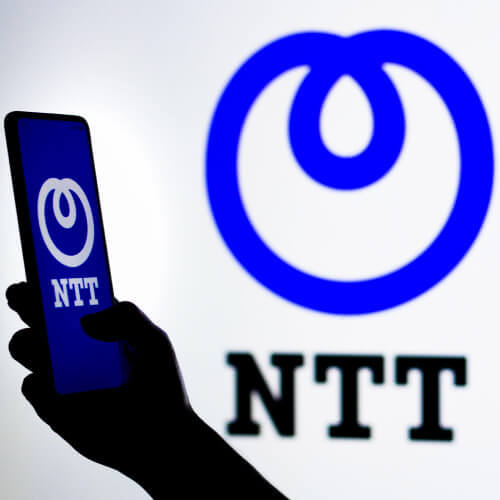
A lack of devices is holding back 5G private networking, says NTT's Shahid Ahmed.
He says the problem is acute in healthcare, which has a broad range of specialist devices that must comply with regulator standards.
"Frankly I wish the device industry would get on with this market and start producing those. It could really accelerate the adoption of private 5G in healthcare," said Ahmed, head of new ventures and innovation at NTT Ltd.
Figure 1:  Device availability is also holding companies back from upgrading to 5G from LTE.
Device availability is also holding companies back from upgrading to 5G from LTE.
(Source: SOPA Images Limited/Alamy Stock Photo)
He says an ecosystem around devices is developing but it's not ubiquitous. "I'm pushing very hard for the industry to move very aggressively on devices so we can get to 5G very fast," he said.
Device availability is also holding companies back from upgrading to 5G from LTE. They are device-dependent, he says. "A lot of our customers are starting with LTE and are moving to 5G as devices become available."
The upside for business is 5G's transformational capability. For example, a single machine vision industrial camera can replace thousands of sensors. "That's a step change. These days you can do so much with optics with machine learning in the backend. But that requires some heavy lifting from a networking perspective."
Corporate enthusiasm
There seems to be genuine corporate enthusiasm for private 5G. An Economist survey last year, sponsored by NTT, found 30% of CIOs had already deployed or were in the process of deploying private 5G, while 51% said they planned to deploy in the next six months to two years.
NTT Ltd, a subsidiary of the giant Japanese operator, is targeting healthcare, automotive and manufacturing enterprises, although Ahmed thinks airports, ports and distribution centers are also promising.
NTT Security's CTO Greg Garten shares security concerns that arise as providers and enterprises move business operations to the cloud.
Geographically, it is focusing on countries where the regulator has allocated spectrum directly to enterprises, such as the US, UK and several European markets.
NTT's 5G private network as a service is "very much like a CIO would get a cloud service from Amazon or Microsoft. They want to consume these services much like they do any SaaS service today. Our approach is to build a non-telco type solution for enterprises that are aligned more to the CIO and are custom-built for their requirements.
Want to know more about private networks? Check out our dedicated private networks content channel here on
Light Reading.
"We don't focus on network needs. We try to solve workflow and business process needs first, then decide whether private 5G is a viable solution." He said automation was top of mind for many industrial companies, partly for efficiency purposes but partly because of the COVID-19 impacts on the workforce.
It's not straightforward, though. Automation requires digitized workflow which in turn requires very secure connectivity in the OT (operating technology) environment.
"It's a trickle-down equation that requires a lot of security across the board."
Related posts:
— Robert Clark, contributing editor, special to Light Reading
Read more about:
AsiaAbout the Author(s)
You May Also Like










